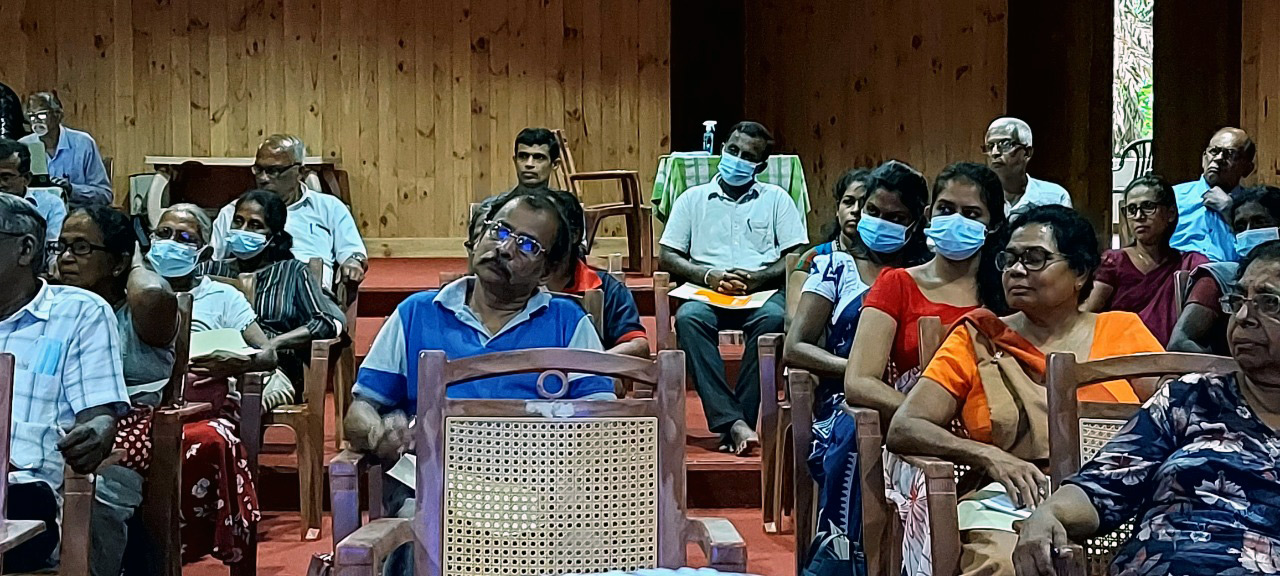






SANASA International, the National Implementing Agency of APFP/FO4A project in Sri Lanka organized training for leaders of 28 cooperative societies in the Kegalle District on 24 June 2022. The training was organized to expose the co-op leaders to the current challenges of the existing food production process and the importance of active engagement of local leadership, especially farmers to get enabling policy reforms.
MONLAR, representing the farm organizations point of view stated that the current food system, which prioritized chemical-based agriculture has run its course and needs urgent reforms. The entire food system which includes Production, transport, processing, and consumption is monopolized by a few companies and supermarket chains. Supply chains and value chains have been structurally delinked from farmers since the 1980s and farmers and farming families as a result have been systematically pauperized. The contribution of agriculture has come down significantly despite the significantly large number of families still involved in it. The production costs associated with expensive farm inputs, and other production costs have made farmers engaged in a losing battle. The high-toxin agriculture has made water and soil die, and farmers have been increasingly disowned and delinked from access to water and seeds. The entire state system is focused on Agribusiness. Nutrition, food sovereignty, and environmental sustainability have been sidelined, although policy privileges farmers and sustainability, and equity, the actual practice is counterproductive.
For this system to be positively changed, MONLAR presented many suggestions. They proposed that all state entities, who are directly or indirectly affecting all levels of the food system, not just the agriculture ministry, should work in unison, and move towards Nutrition based food production, embracing the concept of food sovereignty. In addition, they said that local seed banks (state and private) and watersheds should be protected, post-harvest technology and ecological farming knowledge should be promoted, young farmers and women should have rights to land and farming, and farming should have an integrated management system. Moreover, the policies and bilateral agreements the state enters should be transparent, local teams should be linked with the global knowledge base who are already working on these issues, and the cooperative systems should be promoted more.
The third presenter, a civil society activist, and a long-time environmentalist deliberated his submissions around the 5 action tracks associated with the food system summit. While recognizing the importance of discourse on the food system, he emphasized the significance of pushing the agenda from food security toward food sovereignty. He pointed out that the so-called multi-stakeholder platform which is organizing the FSS, is not representative enough and consequently does not look at the food system with a holistic approach. The food summit is focusing largely on corporate businesses and state interventions and does not give enough attention to people’s engagement and people’s ownership of food production. He commended the current government’s decision to move towards toxin-free agriculture and stated that there should be an organized collective strategy to push this forward in a people-friendly way, blocking it from being hijacked by the lobbying groups led by chemical companies.

Comments are closed